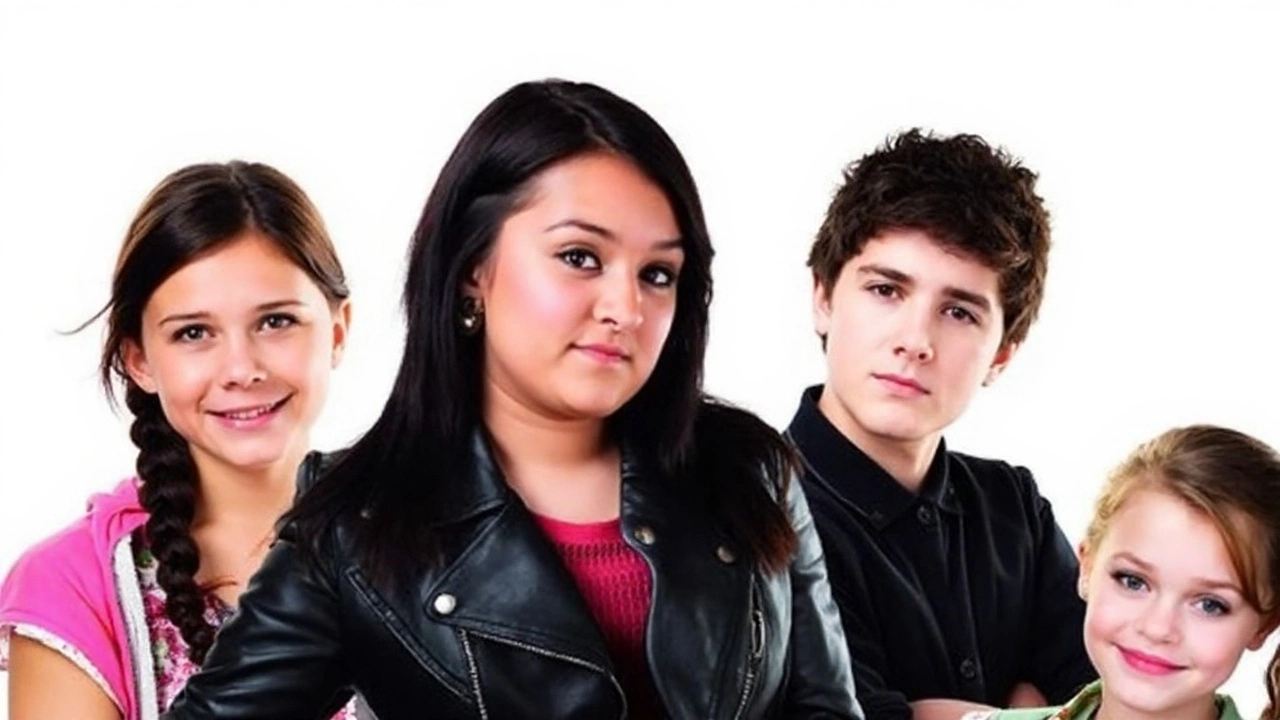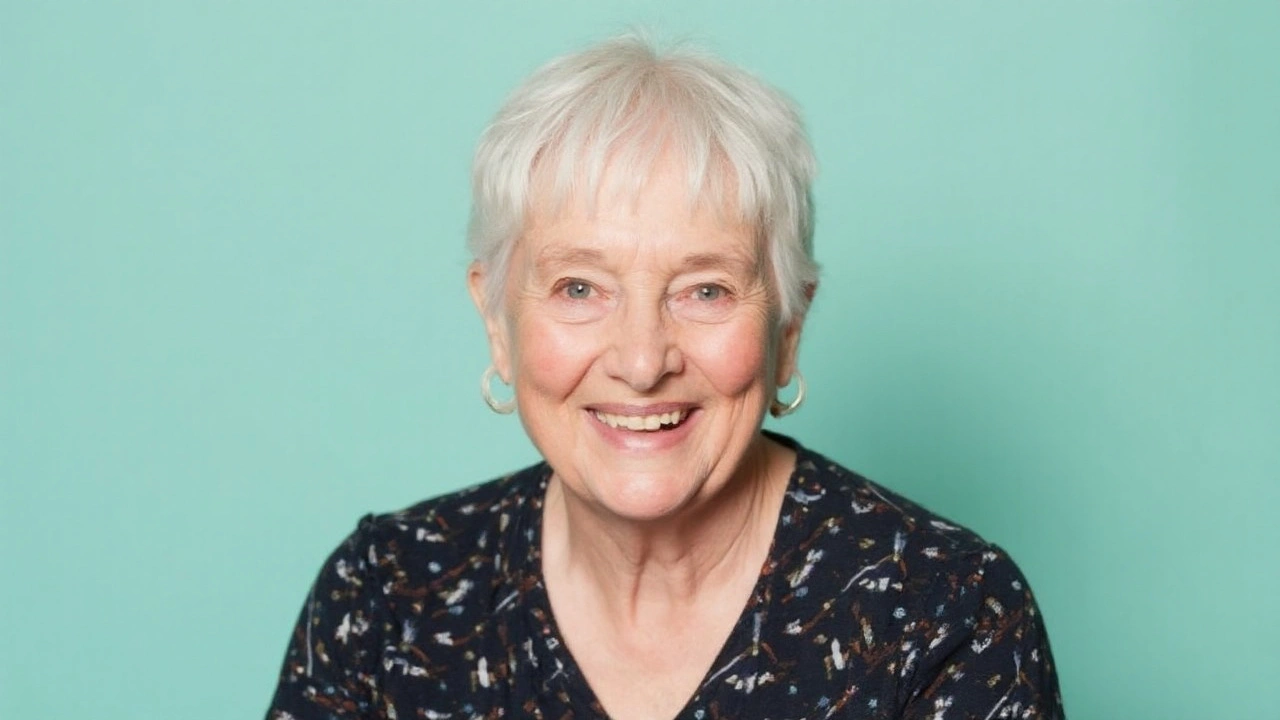Wilson draws the line on adult Tracy Beaker
Tracy Beaker may have grown up on the page, but she won’t be headlining an adult novel. Jacqueline Wilson says she is “very wary” of taking her most famous character into adult fiction and has ruled it out as “inappropriate.” It’s a firm boundary from an author who has spent more than three decades shaping how British children think about friendship, family, and the care system.
Wilson’s stance might surprise anyone who followed Tracy’s return in 2018. In “My Mum Tracy Beaker,” she revisited the character as a single mother living on an estate, juggling temp jobs and childcare while raising her daughter, Jess. The book wasn’t written for adults. It was a children’s novel that let a new generation discover Tracy and gave grown-up readers a warm hit of nostalgia without shifting the series into adult territory.
That story dug into the same themes that made the original books resonate: love, resilience, and the messy reality of money and class. Tracy starts dating a former footballer and moves into his large house, only to find the good life can feel hollow. Wilson has said she wanted to show that money and status don’t guarantee happiness—an idea she’s returned to again and again across her work.
Familiar faces came back too: Tracy’s old rival Justine, her social worker-turned-guardian Cam, and the mother who loomed large in the first books. The trick was to keep it accessible—Wilson wrote it so seven- and eight-year-olds could jump in cold, while twentysomethings who grew up with Tracy could enjoy the callbacks. It’s a balancing act few children’s writers attempt at that scale.
There’s a big difference, though, between showing a beloved character as an adult in a children’s book and writing an adult novel about that character’s adult life. Wilson is clear that Tracy belongs in the children’s aisle. She knows schools, libraries, and parents rely on that line being intact—and that kids trust it too.
That caution sits within a wider conversation about what happens when child characters age. Some franchises darken over time and tilt toward older readers; others keep their core tone. Wilson’s view is that Tracy’s voice—brash, brave, and vulnerable—serves a specific purpose for children navigating tough stuff. Turning that voice into an adult narrative risks muddling why the books mattered in the first place.
It’s not as if Wilson avoids hard topics. Across more than a hundred books, she’s tackled divorce, foster care, grief, money worries, and mental health, usually through sharp, diary-style voices. She was Children’s Laureate from 2005 to 2007 and was later made a Dame for services to literature, recognition of how directly she speaks to kids about the world as it is.
Tracy’s reach also goes well beyond print. The character has anchored multiple TV adaptations over the years, with actor Dani Harmer becoming the on-screen face of the role for a new generation. Those series kept the tone grounded and family-friendly, mirroring Wilson’s insistence that even when Tracy is older, the stories remain safe for children.
Why does the adult/child line matter so much here? In children’s publishing, trust is currency. Characters like Tracy are introduced in classrooms, libraries, and bedrooms where the implied promise is simple: this is for you. Once a character makes the jump to adult fiction, that promise can get fuzzy. Wilson seems determined not to blur it.
- Brand trust: Parents and teachers know what a Tracy Beaker story delivers—humor, heart, and honest but age-appropriate themes.
- Reader safety: Kids pick up books with familiar characters expecting a safe space. Adult versions can confuse that expectation.
- Creative focus: Keeping Tracy in children’s literature lets Wilson write directly for the audience that first embraced the character.
When “My Mum Tracy Beaker” landed, it wasn’t a stunt to capture grown-up readers. It was a continuation—Tracy facing rent, childcare, and relationships with the same nerve she had in the Dumping Ground. Jess’s point of view kept the book anchored in children’s concerns: playground politics, loyalty, and the fear of change when adults make big life decisions.
Wilson has always been careful about accessibility. She writes with short, punchy chapters and voices that sound like real kids, even when the themes bite. That style made the original “The Story of Tracy Beaker” a breakout in the early ’90s and carried through sequels and spin-offs. Bringing Tracy back as a mum didn’t change the mission; it broadened it. Children could see what happens after the credits roll without being pushed into adult content.
There’s also the question of legacy. For many British readers, Tracy Beaker is a first encounter with fiction that reflects their lives. The series acknowledged care homes, social workers, and complicated families without flinching. Turning Tracy into an adult-problem protagonist for grown-ups would shift that legacy away from the kids who still need her most.
You can hear the calculation in Wilson’s choice of words. “Inappropriate” doesn’t only mean racy or explicit. It means wrong for the role Tracy plays. Other authors have moved their worlds up the age ladder; Wilson is saying her most famous creation has a job to do right where she is.
So what can readers expect? More of the same clear-eyed storytelling from an author who knows her audience. If Tracy returns again, it will be in a book you can hand to a child without worrying what’s inside. Adults who grew up with her will still find a mirror—just one placed at kid height.

How Tracy grew up—without leaving the kids’ section
“My Mum Tracy Beaker” wasn’t an outlier. It was a template for how to let a character age while keeping the series anchored for children. Tracy faces adult choices, but the emotional center stays with the child in the room—Jess—whose worries and hopes drive the story. That choice explains why the book clicked with both new readers and old fans.
Wilson also used the return to reframe old relationships. Justine comes back not as a villain, but as a grown woman with her own baggage. Cam is still steady, kind, and imperfect. Tracy’s mother remains a raw point. None of it is sanitized, but it’s all told in a way that a Year 3 or Year 4 reader can grasp.
The result: a character who’s allowed to grow up without being taken away from the children who first loved her. That’s the tightrope Wilson prefers—and it’s why an adult Tracy Beaker novel isn’t on the cards. The character’s power lies in speaking to kids about messy truths with a voice that sounds like theirs. Wilson doesn’t want to change the channel.

Arlen Fitzpatrick
My name is Arlen Fitzpatrick, and I am a sports enthusiast with a passion for soccer. I have spent years studying the intricacies of the game, both as a player and a coach. My expertise in sports has allowed me to analyze matches and predict outcomes with great accuracy. As a writer, I enjoy sharing my knowledge and love for soccer with others, providing insights and engaging stories about the beautiful game. My ultimate goal is to inspire and educate soccer fans, helping them to deepen their understanding and appreciation for the sport.
view all postsWrite a comment